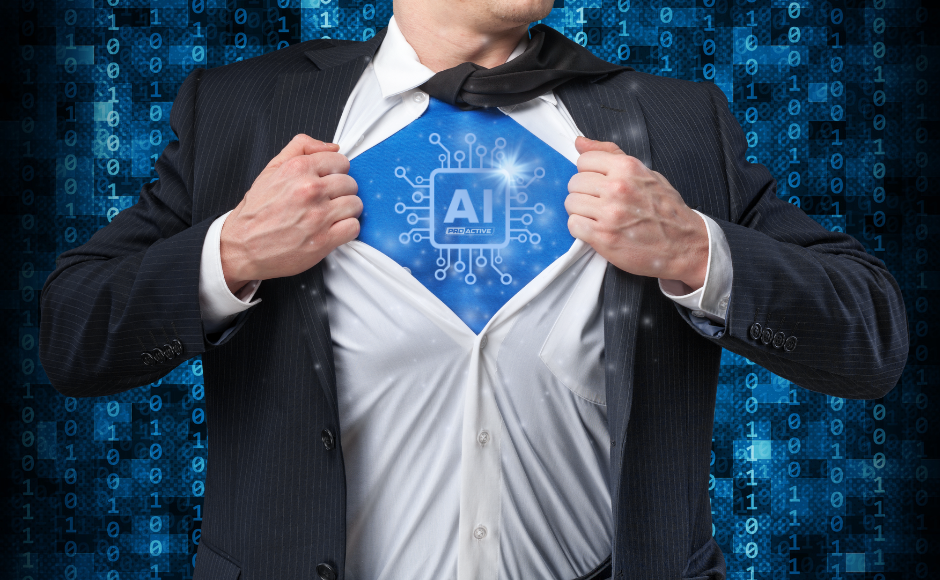As a seasoned sales executive navigating the ever-evolving landscape of business, I’ve witnessed firsthand the seismic shifts that technological advancements have brought to the world of commerce. Among these, none has been more impactful than the rapid integration of Artificial Intelligence (AI) into sales strategies. The transformational journey that AI has ushered us into is nothing short of the emergence of new sales superpowers.
Gone are the days of traditional sales methods where cold calls and generic pitches were the norm. AI has breathed life into a new era of hyper-personalization and predictive analytics. Imagine stepping into a prospect meeting armed not only with a comprehensive understanding of their needs but also equipped with insights into their behaviors, preferences, and even their next potential move. AI doesn’t just enhance our understanding of customers; it empowers us to anticipate their needs, making every interaction relevant and valuable.
The AI-driven tools at our disposal are akin to having an assistant with an uncanny knack for data analysis and pattern recognition. The volume of information generated in the digital age is staggering, and AI sifts through this data ocean to uncover hidden trends and opportunities. From analyzing customer interactions to monitoring market trends, AI distills complex data into actionable insights, transforming a salesperson into a strategic consultant.
The effectiveness of AI is perhaps best exemplified in its prowess in sales forecasting. The age-old challenge of predicting market dynamics and customer behavior has often been a shot in the dark. AI, however, employs machine learning algorithms to scrutinize historical data, detect patterns, and make remarkably accurate predictions. This capability revolutionizes sales planning, optimizing inventory levels, resource allocation, and even pricing strategies.
Yet, while AI is a powerful tool, it doesn’t replace the human touch; rather, it amplifies it. Successful AI integration requires a delicate balance between automation and personal connection. As sales executives, we are tasked with instilling trust in our clients that AI is not a replacement but an augmentation of our expertise. Transparent communication about how AI is employed and the value it brings to the table is essential.
Ethics and responsibility also play a pivotal role. As we wield these new sales superpowers, we must wield them with a strong sense of ethics. Ensuring that data privacy is upheld, that AI recommendations are aligned with customer well-being, and that the technology is used for empowerment rather than manipulation becomes paramount.
In conclusion, the AI revolution is not a threat to the sales executive; it’s an empowering ally. It transforms us from traditional salespeople into strategic partners armed with insights, predictive abilities, and the agility to meet the ever-changing demands of the market. Our vast experience in ProActive BDA proves it. The journey ahead is thrilling, and those of us in the sales realm are positioned to harness the potential of AI to unlock new sales superpowers, shaping a future where every customer interaction is a personalized, value-driven experience.
While every business is unique with a unique style and value proposition. There is a pattern to success.
If you want to learn more about how to scale your business, I am always open to a conversation that will focus on the key steps you need to take to grow your business and get your life back.
I am looking forward to moving forward.
JP O’DONNELL
|




